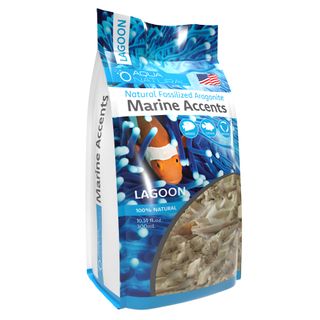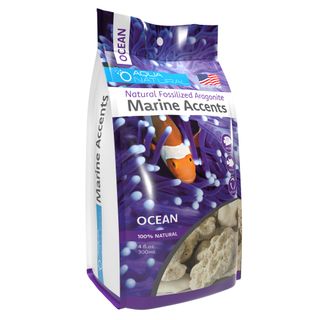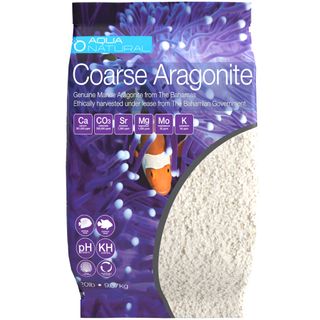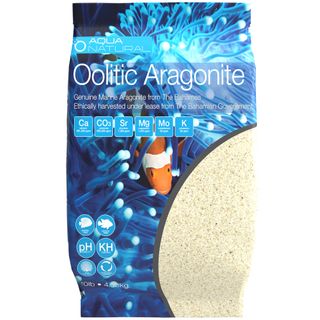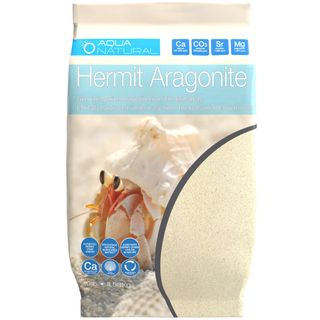Oolitic Aragonite
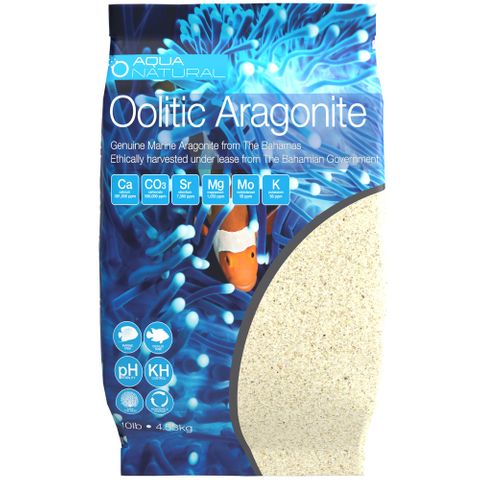
Description
![]()
Calcium carbonate derived from oolitic aragonite is biogenic (created by living organisms) and naturally re-occurring. Protect the reef by using this superior and sustainable substrate. Bahamas sand is raw, naturally renewable oolitic aragonite sand that is up to 98% pure calcium carbonate.
The grains are OOLITIC (egg-shaped) and smooth. It is tasteless, odorless, dustless and sustainable. Combined with its near chemical purity, size consistency, and small grain structure, Bahamas aragonite possesses numerous advantages making it a superior source of calcium carbonate.
Why Use Oolitic Aragonite?
Bahamian Aragonite Aquarium Sand is the ideal substrate for marine, reef or African Cichlid aquariums. It is a pure Oolitic Aragonite sand collected from the crystal clear oceans of The Bahamas, with no harmful tar, organics or impurities. This aquarium sand has unsurpassed buffering capability and helps maintain a natural pH balance of 8.2 without the constant addition of chemicals. One kg of Oolitic Aragonite Aquarium Sand offers over 1 million sq. cm of surface area providing a huge space for housing ammonia, nitrate and nitrite reducing bacteria. Oolitic Aragonite Sand is the ideal grain size for reef tanks, fish tanks, plenum systems and refugiums.
DIRECTIONS:
Rinse material well in a bucket using clean water. Do not use soap or other cleaning agents. Continue to rinse material until overflow water turns from a milky to light cloudy appearance. Any remaining cloudiness will disappear after a few hours of pump operation.
For best results when setting up a new aquarium, place rinsed sand into empty aquarium then carefully fill with water. Start filtration system. Wait until the water is clear enough to see the back of the aquarium and the chemical / pH / temperate are stable before adding fish and invertebrates.
With existing aquariums, rinse substrate as above and mix in small amounts into the established sand-bed over a period of several days. When using aragonite for African cichlids or other freshwater applications note that a slight cloudiness may persist until the aquarium cycles due to high rates of calcium carbonate dissolution.




